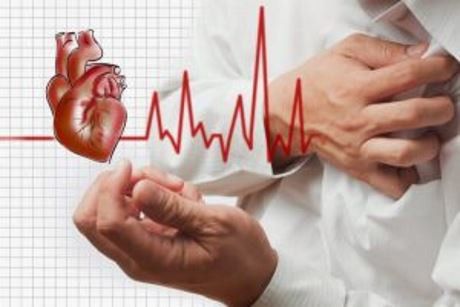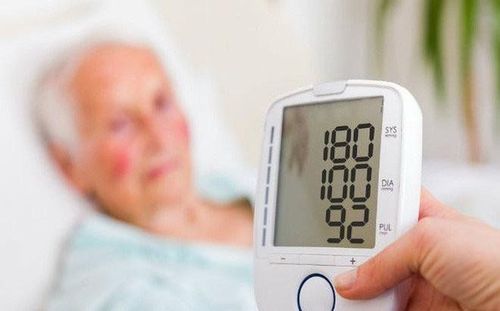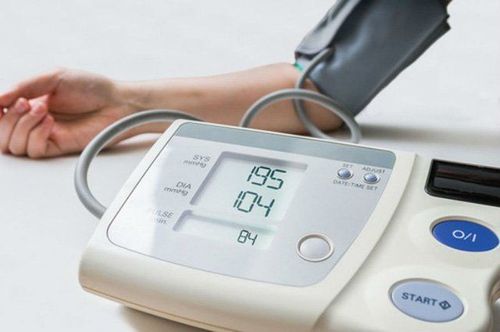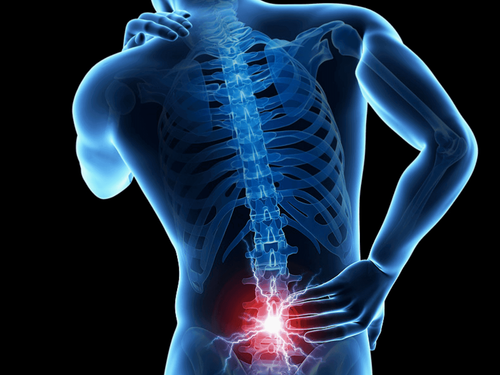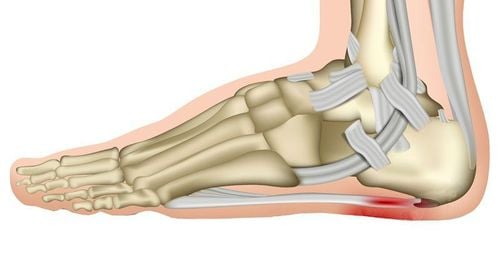Nội dung bạn đang tìm kiếm không có phiên bản tiếng Việt.
Vui lòng chọn tiếp tục để xem nội dung tiếng Anh hoặc đi đến trang chủ Tiếng Việt.
Rất xin lỗi về sự bất tiện này.

Home
Tag Vitamin B6 deficiency
Articles in Vitamin B6 deficiency
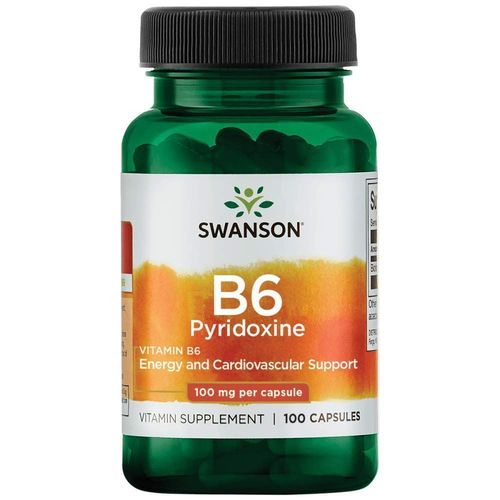
Pyridoxine: Uses, indications and cautions when using
Currently, pyridoxine is commonly used primarily to prevent and treat health conditions, such as vitamin B6 deficiency, neurological disorders or certain genetic disorders. Knowing what it is for, how to take it, and how to prevent side effects can help you get the best benefit from pyridoxine.
Xem thêm
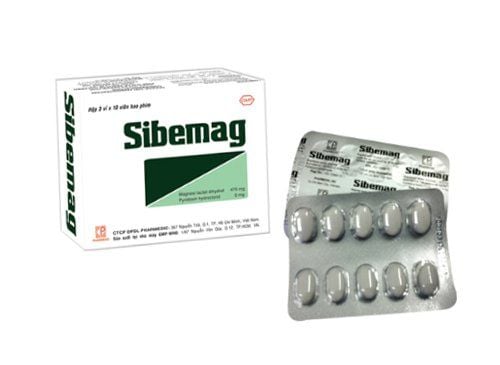
Uses of Sibemag
Sibemag is a drug with the main ingredients of Magnesium and Vitamin B6, providing the body in cases of severe trace mineral deficiency, especially in patients with muscle weakness or convulsion. The drug is in the form of film-coated tablets.
Xem thêm
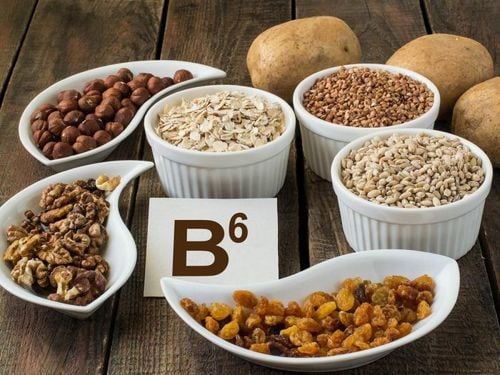
Harm when excess or deficiency of vitamin B6
Vitamin B6 is an important nutrient for the body. Lack or excess of vitamin B6 can lead to many harmful effects on health.
Xem thêm
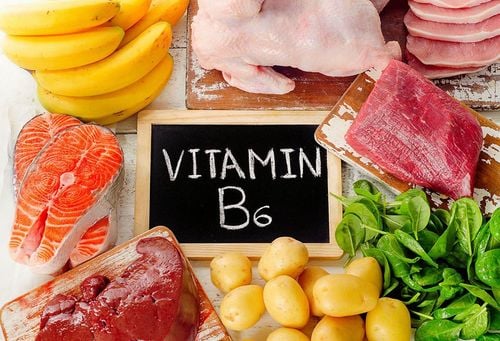
Signs of a lack of Vitamin B6 (pyridoxine) in the body
Vitamin B6, also known as pyridoxine, is one of eight B-complex vitamins. Vitamin B6 deficiency is common in people with liver, kidney, digestive, or autoimmune diseases, smokers, obese people, alcoholics, and pregnant women.
Xem thêm
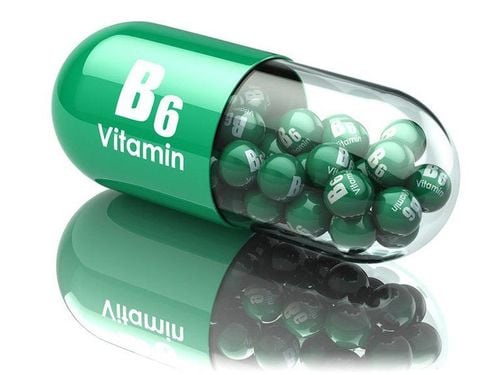
Vitamin B6 (pyridoxine): Uses, dosages, side effects
Vitamin B6 (pyridoxine) is important for brain development and a healthy nervous and immune system. Food sources of vitamin B-6 include poultry, fish, potatoes, green beans, and bananas. Vitamin B-6 can also be taken as a supplement, such as an oral capsule, tablet, or liquid.
Xem thêm
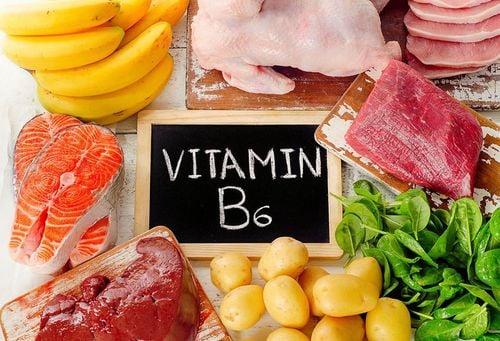
9 Health Benefits of Vitamin B6 (Pyridoxine)
Vitamin B6, also known as pyridoxine, is an essential water-soluble vitamin for the body. B6 is important for the metabolism of proteins, fats, carbohydrates, and the formation of red blood cells and nerve transmission. The body cannot produce vitamin B6, so you must supplement it from daily foods or functional foods.
Xem thêm
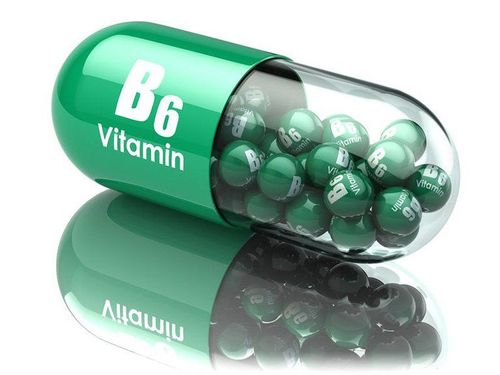
Signs of Vitamin B6 deficiency or toxicity
Vitamin B6, also known as pyridoxine, acts as a catalyst to help the body use and store energy from protein and carbohydrates in food as well as contribute to the production of hemoglobin, a substance in red blood cells that carries oxygen throughout the body. Many foods in daily meals contain vitamin B6, which is recommended to prevent vitamin B6 deficiency. At the same time, when taking supplements, it is important not to take too much to avoid the risk of vitamin B6 toxicity.
Xem thêm
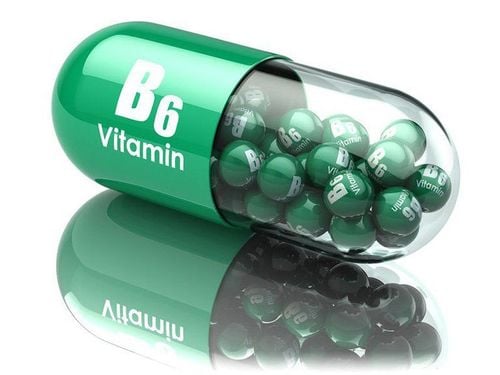
Recommended amount of vitamin B6 for the body
Vitamin B6 (pyridoxine) is important for normal brain development, as well as the nervous and immune systems. Good food sources of vitamin B6 include poultry, fish, potatoes, green beans, and bananas. Vitamin B6 can also be taken as a supplement, usually in the form of a capsule, tablet, or liquid to drink.
Xem thêm
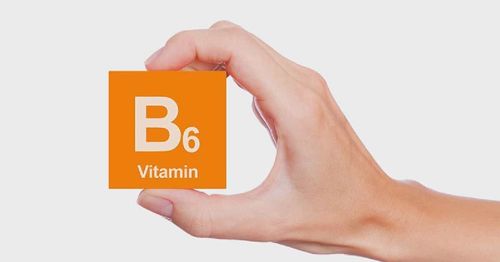
How to supplement vitamin B6 for children
Currently, many parents do not know how to supplement vitamin B6 for children, leading to deficiency or excess, affecting the health and development of the child. The article below will provide complete ways to supplement vitamin B6 for children suitable for all families with young children.
Xem thêm
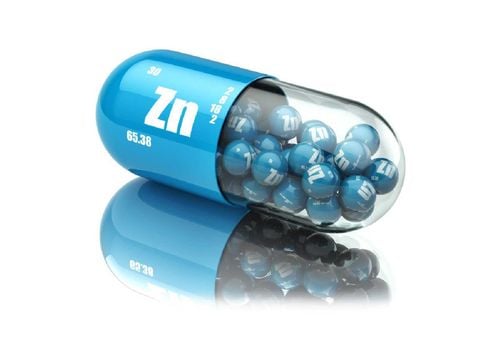
Zinc and vitamin B6: "Friends" help neurotransmitters work better
Everyone knows that zinc is an essential mineral for brain health. The hippocampus (the brain's memory center) is especially high in zinc. But what you may not know is that zinc and vitamin B6 help neurotransmitters function better.
Xem thêm
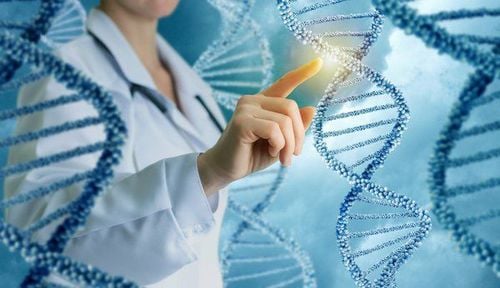
Gene test to screen for hereditary thromboembolic disease
Hereditary venous thromboembolism is often found in people with deep vein thrombosis, heart problems, and recurrent miscarriages. Testing for hereditary venous thromboembolism is indicated for adults at risk of bleeding disorders or women who have had multiple unexplained miscarriages.
Xem thêm





